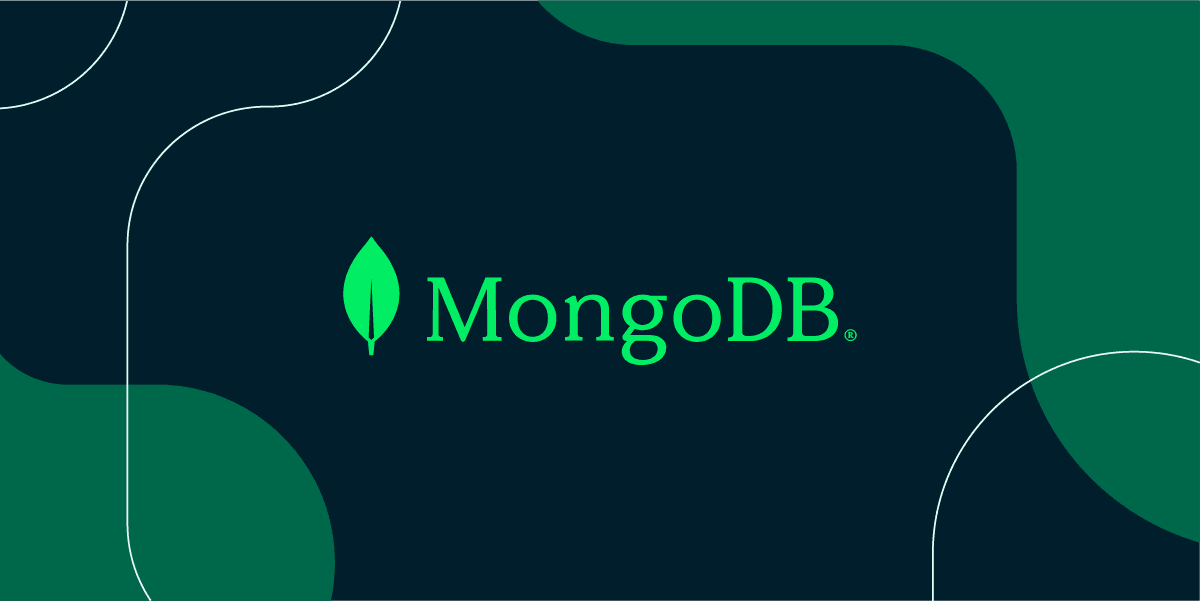MongoDB is a free and open-source cross-platform document-oriented database program. Classified as a NoSQL database program, MongoDB uses JSON-like documents with optional schemas. MongoDB is developed by MongoDB Inc.
MongoDB is used for storing and retrieving data in a flexible, JSON-like format called BSON (Binary JSON). It is designed to scale horizontally across multiple servers and can be used for a wide range of applications, from simple to complex. One of the main benefits of MongoDB is its ability to handle large amounts of data that may not fit well in a traditional relational database. It is also designed to be easy to use, with a simple and intuitive API.
What MongoDB is used for?
MongoDB is used for storing and retrieving data in a flexible, JSON-like format called BSON (Binary JSON). It is designed to scale horizontally across multiple servers and can be used for a wide range of applications, from simple to complex. Some of the main uses for MongoDB include:
- Storing large volumes of data that may not fit well in a traditional relational database.
- Storing data in a flexible, JSON-like format that can be easily modified and extended.
- Allowing developers to easily access and manipulate data using a simple and intuitive API.
- Scaling horizontally across multiple servers to support high levels of read and write activity.
- Enabling easy integration with modern web and mobile applications.
MongoDB is particularly well-suited for use cases that require fast access to data, such as real-time analytics, content management systems, and mobile apps. It is also often used for storing data for Internet of Things (IoT) applications, as it can handle the high volume and variety of data generated by connected devices.
Is MongoDB faster than MySQL?
In general, MongoDB is known to be faster than MySQL when it comes to read and write operations, especially when working with large datasets. This is because MongoDB uses a document-oriented model, which allows it to handle complex relationships and large volumes of data more efficiently than MySQL, which uses a relational model.
However, it is important to note that the performance of any database depends on a number of factors, including the specific workload, the hardware and software environment, and the design of the database schema. As a result, the relative performance of MongoDB and MySQL can vary depending on the specific use case and how the databases are configured and deployed.
In general, if you need to perform a lot of read-and-write operations on large datasets, MongoDB may be a better choice due to its document-oriented model and horizontal scaling capabilities. On the other hand, if you need to support a large number of complex transactions and ACID (atomicity, consistency, isolation, durability) guarantees, MySQL may be a better choice due to its robust support for transactions and strong consistency guarantees.
How many connections MongoDB can handle?
The maximum number of connections that a MongoDB server can accept depends on a number of factors, including the hardware and software environment, the size of the dataset, and the workload. By default, MongoDB allows up to 100,000 connections, but this can be changed by modifying the ulimit and maxIncomingConnections settings in the MongoDB configuration file.
In general, the number of connections that a MongoDB server can handle is limited by the available system resources, such as memory and CPU. As the number of connections increases, the workload on the server will also increase, which can lead to decreased performance and potentially even outages if the system becomes overloaded.
To ensure good performance and stability, it is important to properly size your MongoDB deployment based on your expected workload and the hardware and software environment. This may involve using larger and/or more powerful servers, as well as implementing techniques such as horizontal scaling to distribute the workload across multiple servers.
How much does MongoDB cost?
MongoDB is free and open-source software, and the community edition can be downloaded and used for free. However, MongoDB Inc. also offers a number of commercial editions with additional features and support options. These include:
- MongoDB Enterprise Advanced: This is the most comprehensive edition of MongoDB, and includes support for the full range of MongoDB features, as well as advanced security and management tools. Prices for MongoDB Enterprise Advanced start at $15,000 per year for a perpetual license.
- MongoDB Atlas: This is a fully managed cloud service that allows you to run MongoDB in the cloud without having to set up and maintain your own infrastructure. Prices for MongoDB Atlas start at $0.10 per hour for the M0 (development and testing) tier and go up to $3.50 per hour for the M80 (production) tier.
- MongoDB Stitch: This is a serverless platform that allows you to easily build and deploy MongoDB-backed applications. Prices for MongoDB Stitch start at $0.50 per million API requests and go up to $2.00 per million API requests for the production tier.
In addition to the above editions, MongoDB also offers a number of support and training options to help you get the most out of your MongoDB deployment. These include consulting services, training courses, and support packages ranging from basic email support to 24/7 emergency support.
